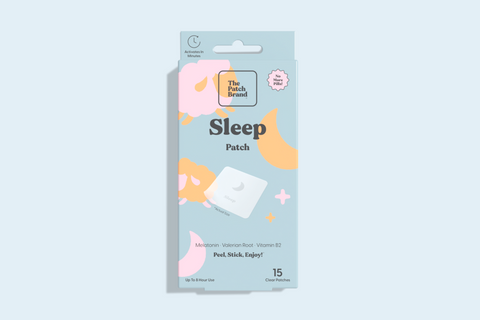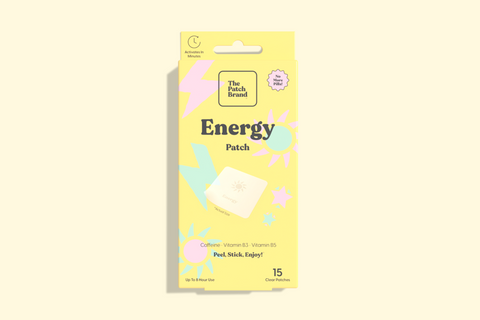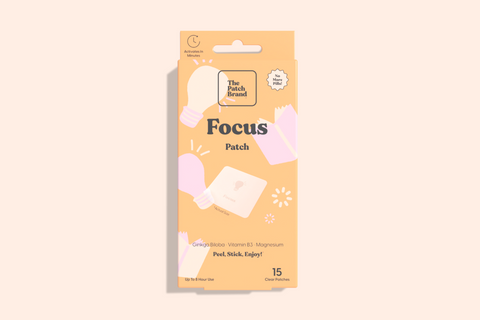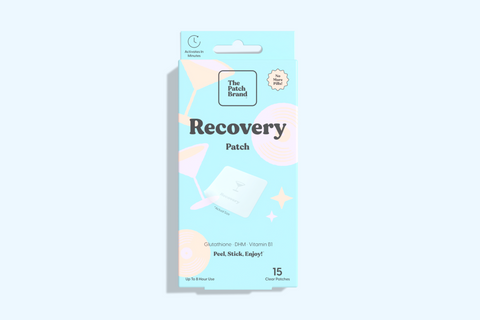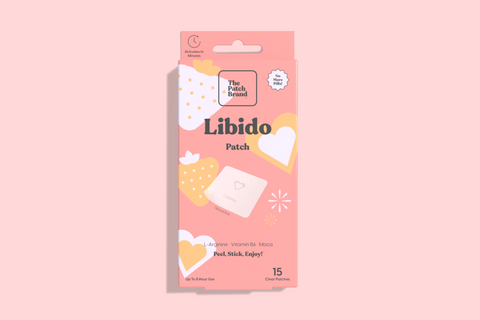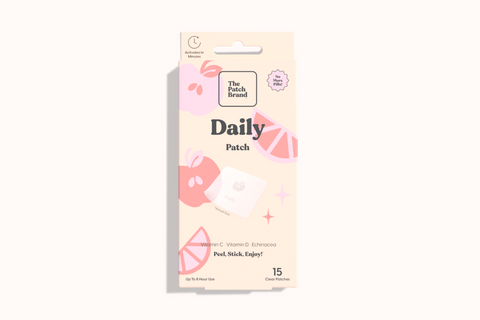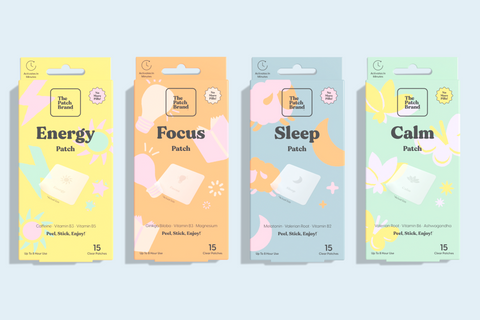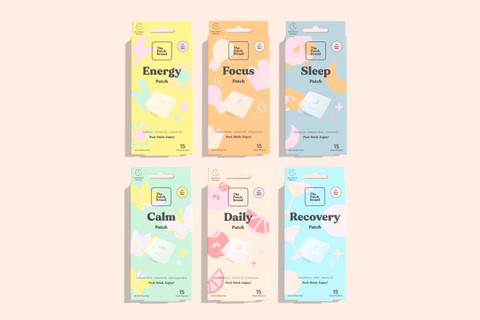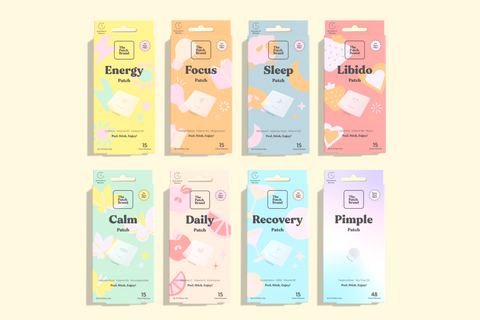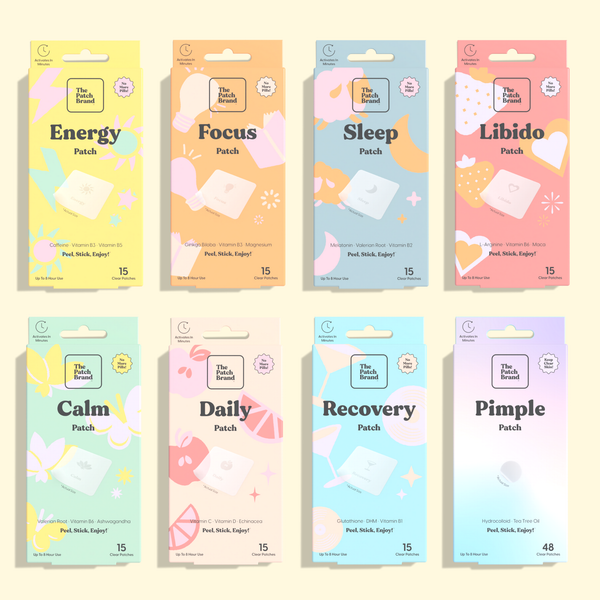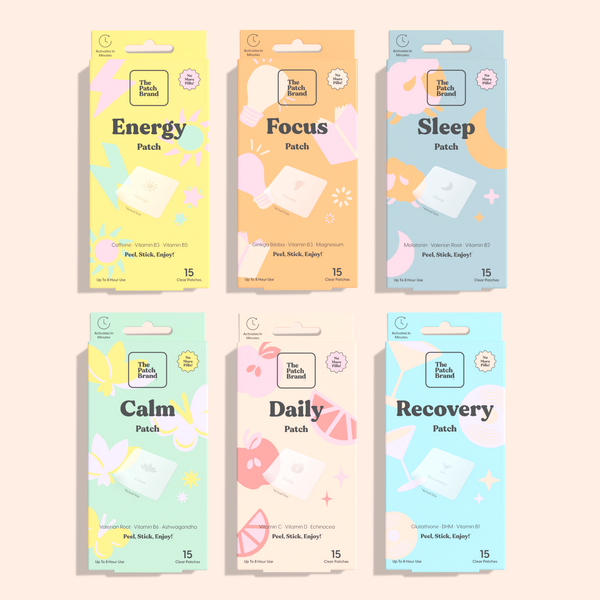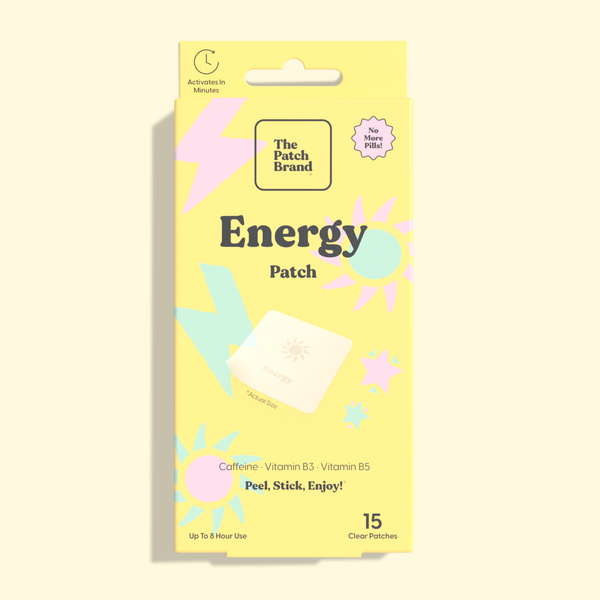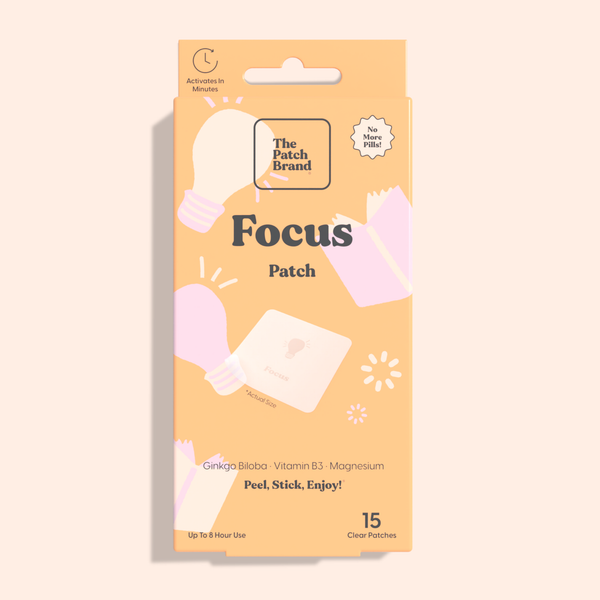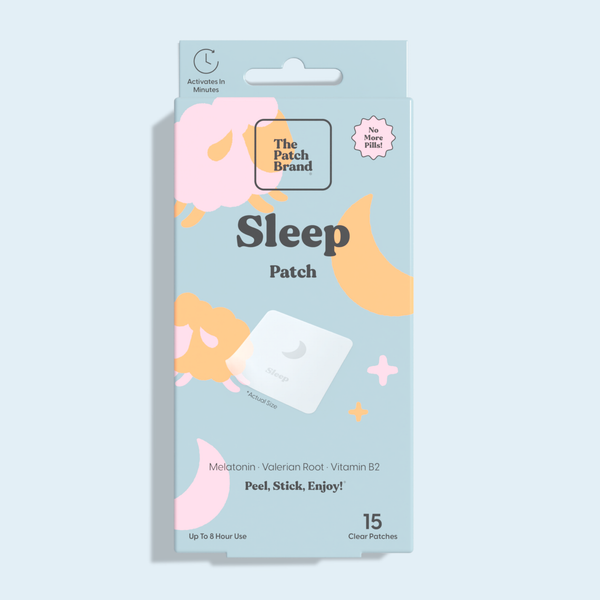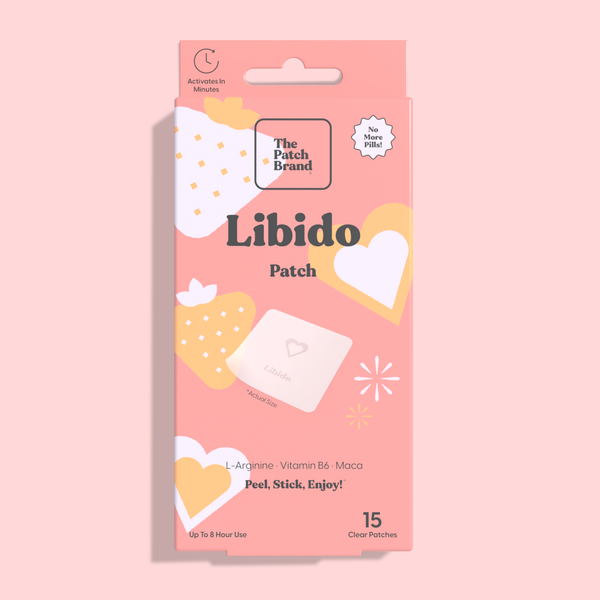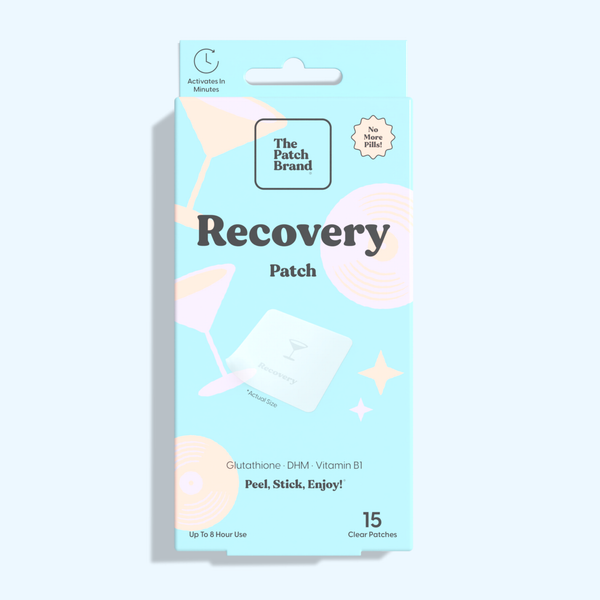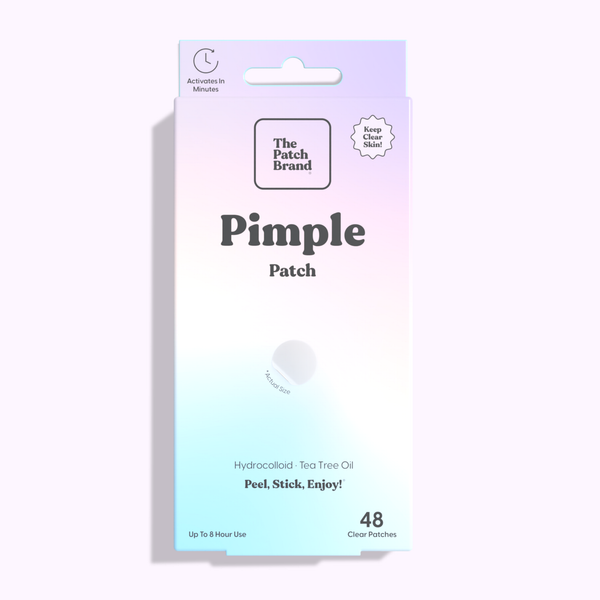Quality sleep is a cornerstone of wellness and vitality, playing a crucial role in our cognitive function, emotional balance, and physical health. Although often overlooked, achieving restful, rejuvenating sleep is essential to living a healthier lifestyle. Equally important is understanding that nutrition can directly influence sleep quality. Our focus in this discussion is the connection between vitamins and sleep. Yes, your
sleep vitamins can serve as powerful tools for establishing consistent sleep patterns.
A Glimpse into the Sleep-Vitamin Connection
How Vitamins Influence the Sleep Cycle
Vitamins, essential nutrients required for various biochemical processes, have a significant influence on sleep quality by affecting the production and regulation of neurotransmitters, including melatonin. Melatonin, often termed the "sleep hormone," is synthesized by the pineal gland and primarily orchestrates the sleep-wake cycle. This hormone's production is closely tied to the presence of tryptophan, an amino acid that serves as its precursor.
Comprehending the Underlying Biochemical Processes
These vitamins for sleep support the body's natural circadian rhythm, which is the internal clock that determines when we feel alert or drowsy. They help promote regular and restful sleep by ensuring the production and release of melatonin occurs at the appropriate times. For example, vitamin B6 is involved in the conversion of tryptophan, an amino acid found in certain foods, into serotonin, which is further converted into melatonin. Vitamin D also plays a role in regulating sleep by affecting the production of serotonin and melatonin.
Identifying Essential Vitamins for Sleep Enhancement
Vitamin D
Commonly referred to as the "sunshine vitamin," it plays a crucial role in numerous bodily functions beyond its well-known benefits for bone health. It is synthesized in the skin through exposure to sunlight, making it unique among vitamins. Recent research suggests that Vitamin D might influence sleep quality. Studies indicate a correlation between Vitamin D levels and various sleep parameters, such as sleep duration and sleep quality, with lower levels often linked to poorer sleep. This vitamin's influence on sleep may stem from its effects on areas of the brain responsible for regulating sleep. Additionally, Vitamin D interacts with calcium to maintain muscle health, and disruptions in this interaction may impact sleep patterns. Although the precise mechanisms remain under investigation, ensuring adequate Vitamin D intake might support better sleep, alongside its other health benefits.
Vitamin B
The B complex vitamins, particularly B6, B9 (folate), and B12, are integral to the neurological functions that facilitate restful sleep. These vitamins contribute significantly to the production of serotonin, a neurotransmitter that plays a pivotal role in mood regulation and the sleep-wake cycle. Serotonin's transformation into melatonin, the hormone directly controlling sleep cycles, is crucial for initiating sleep. Deficiencies in these vitamins may disrupt serotonin production, potentially leading to sleep irregularities. B6, in particular, is vital for the synthesis of neurotransmitters and has been studied for its effects in promoting dream recall and reducing sleep disturbances. Ensuring a diet rich in these B vitamins can help regulate natural sleep patterns and improve overall sleep quality.
Vitamin C
Vitamin C is best known for its immune-boosting effects, but its benefits extend into the realm of sleep health. This vitamin plays a role in the synthesis of serotonin, much like some B vitamins. The conversion of serotonin into melatonin, which Vitamin C facilitates, is crucial for the regulation of sleep cycles. Beyond its biochemical roles, Vitamin C is also a powerful antioxidant that helps combat stress, a common cause of sleep issues. Studies suggest that high doses of Vitamin C can reduce cortisol levels, a stress hormone that can negatively affect sleep. By managing stress and supporting serotonin production, It can help enhance sleep quality, making it an essential nutrient for those looking to improve their sleep hygiene.

Magnesium
Magnesium plays a pivotal role in maintaining overall health and enhancing sleep quality, functioning through various mechanisms that influence our body's biochemical landscape. Here’s an insight into its diverse functions:
-
Biochemical Support: Magnesium is fundamental in supporting various biochemical reactions within the body, crucial for maintaining cellular health and function. It participates in over 300 enzyme reactions, which include those vital for the synthesis of fatty acids and proteins, and neurotransmitter functions that are essential for normal neural activity and sleep regulation. A person may support these vital biological processes and promote health and stability in physiological functioning by making sure their magnesium levels are appropriate.
-
Nervous System Activation: The parasympathetic nervous system, which is necessary for producing calm and relaxed states, is activated by magnesium. This activation is crucial after long periods of stress or activity, allowing the body to transition into a restful and recuperative state. By enhancing the body's natural ability to calm itself, magnesium facilitates deeper relaxation and more restorative sleep, helping to counterbalance the effects of daily stress.
-
Neurotransmitter Regulation: The mineral significantly influences neurotransmitter regulation, which includes the control of the sleep-wake cycle among other critical functions. Magnesium acts to regulate the production and release of several neurotransmitters that affect not only mood and brain function but also circadian rhythms and sleep quality. This regulation helps in maintaining a balanced sleep schedule and supports the natural cycle of sleeping and waking.
-
GABA Modulation: Magnesium specifically interacts with gamma-aminobutyric acid (GABA), a neurotransmitter known for its calming effects on the brain. By modulating GABA activity, magnesium can enhance its effectiveness, promoting relaxation and reducing neural activity. This interaction is particularly beneficial for those who struggle with sleep initiation or experience troubled sleep, as it helps in soothing the nervous system and encouraging a deeper, more peaceful sleep.
-
Combat Restlessness: Adequate magnesium levels are essential for preventing restless sleep and frequent awakenings, common symptoms of magnesium deficiency. As emphasized, by stabilizing neurotransmitter activity and supporting the parasympathetic nervous system, magnesium can mitigate these disturbances, enabling a more uninterrupted sleep pattern. This not only improves the quality of sleep but also enhances overall recovery and regeneration during rest.
-
Dietary Solutions: To combat magnesium deficiency and improve sleep quality, increasing dietary magnesium through supplements or food sources is recommended. Foods rich in magnesium include nuts, seeds, whole grains, dark leafy greens, and legumes. For individuals who find it difficult to consume enough magnesium through diet alone, supplements can be an effective alternative, providing a more controlled intake to meet daily nutritional needs.
Ensuring adequate magnesium intake can significantly impact your health and sleep quality, supporting various bodily functions through its role in biochemical processes, nervous system regulation, and neurotransmitter modulation. This holistic approach not only aids in improving sleep but also enhances overall physiological health, highlighting the importance of this vital mineral in our daily lives.
Developing a Proactive Approach to Vitamin Intake
With this knowledge at our fingertips, we can approach our vitamin intake proactively, deliberately including these sleep vitamins in our daily
nutrition for a better night's sleep.
Individual sleep requirements differ significantly among people due to a variety of factors including age, lifestyle, and health conditions. For instance, newborns require up to 17 hours of sleep, while most adults need between 7 to 9 hours. Lifestyle factors such as physical activity levels, exposure to blue light from screens, and stress can also alter sleep needs. Health conditions like insomnia, sleep apnea, or chronic pain can further complicate the picture, necessitating a tailored approach to sleep management. This variability underscores the importance of a personalized strategy for sleep optimization, rather than a generic one.
Adopting a personalized approach to health and wellness involves tailoring strategies to meet individual needs, which requires understanding the nuances of one’s health through various assessments. Below is a plan to guide individuals in taking proactive steps toward their health:
-
Consult Healthcare Professionals: Engaging with healthcare professionals is critical in obtaining a comprehensive understanding of your health. A detailed assessment can help pinpoint specific concerns, suggest potential treatments, and provide insights into how various aspects of your lifestyle, such as diet and exercise, impact your health. Healthcare providers can also guide you through the initial steps of any new health regimen, ensuring that your approach is safe and effective.
-
Nutritional Status: Nutrition plays a pivotal role in maintaining good health. Discussing your eating habits and dietary preferences with a healthcare provider can help identify any nutritional deficiencies or excesses. A dietitian can assess your intake of macronutrients (carbohydrates, proteins, and fats) and micronutrients (vitamins and minerals), providing tailored advice based on your health goals, whether it’s weight management, improving heart health, or managing a chronic condition. This personalized dietary plan can significantly enhance your overall well-being.
-
Sleep Health: Quality sleep is foundational to good health. Consulting with a sleep specialist or your healthcare provider about your sleep patterns can uncover sleep issues. A professional can offer insights into how your sleep affects your health and provide strategies to improve sleep hygiene. This may include adjustments to your bedtime routine, and sleep environment, or exploring medical interventions if necessary.
-
Blood Tests: Regular blood tests are crucial for uncovering hidden health issues. These tests can reveal deficiencies in vitamins such as Vitamin D and B12, or issues like anemia, high cholesterol, or blood sugar levels that could go unnoticed until they become more severe. Understanding these results with the help of a healthcare provider can lead to a more informed approach to your diet, supplementation, or lifestyle changes to address any imbalances.
-
Follow-up: Consistency is key in maintaining and improving health. Scheduling regular follow-ups allows you and your healthcare provider to monitor progress, reassess goals, and make necessary adjustments to your health plan. In addition to ensuring that the strategies used remain appropriate for your present health requirements, this continuing review assists in adjusting to changes in your health status.
Each step in this personalized health plan plays a crucial role in ensuring a holistic approach to wellness. By taking these steps seriously and committing to regular consultations and assessments, individuals can significantly enhance their health outcomes, leading to a better quality of life. So, to effectively integrate vitamins into your sleep-optimization strategies, consider your daily meals. Try to include foods rich in these vitamins. Alternatively, you could consider a vitamin patch, which can provide a controlled release of vitamins throughout the day.

Exploring the Convenience of Vitamin Patches
Vitamin patches have gained popularity in recent years. As an alternative to traditional supplements, these
sleep patches offer unique advantages. Unlike pills, a
sleep patch provides a consistent release of vitamins directly into your bloodstream, bypassing the digestive system. This can potentially lead to more efficient absorption of nutrients. Additionally, a
patch for sleep can be more convenient for those who struggle with swallowing pills. Research is ongoing, but some studies suggest that
sleep aid patches, specifically those with vitamins for sleep, may enhance sleep quality and duration. However, always ensure to choose the
best vitamin patches based on your nutritional needs.
Debunking Myths about Vitamins and Sleep
In our quest for improved sleep, it's crucial to separate fact from fiction. This can be especially true when it comes to understanding the role of vitamins in sleep. One common misconception is that vitamins can act as sedatives. Contrary to this, vitamins essentially support your body's natural sleep processes, rather than inducing sleep. Using a sleep vitamin or a nutritional patch doesn't guarantee instant sleep but can help improve sleep quality over time.
While vitamins are beneficial, it's equally important not to become overly reliant on them for sleep. They should be part of a holistic approach to sleep improvement, which could include regular exercise, good sleep hygiene, and stress management.
Understanding the role of vitamins in sleep and how to effectively incorporate them into our lifestyle can lead to better sleep quality. Whether through diet, traditional supplements, or innovative solutions like a wellness patch, these nutrients can be powerful tools in our quest for restful, rejuvenating sleep.


